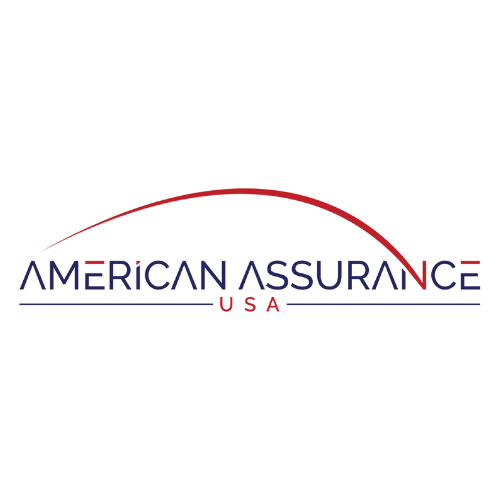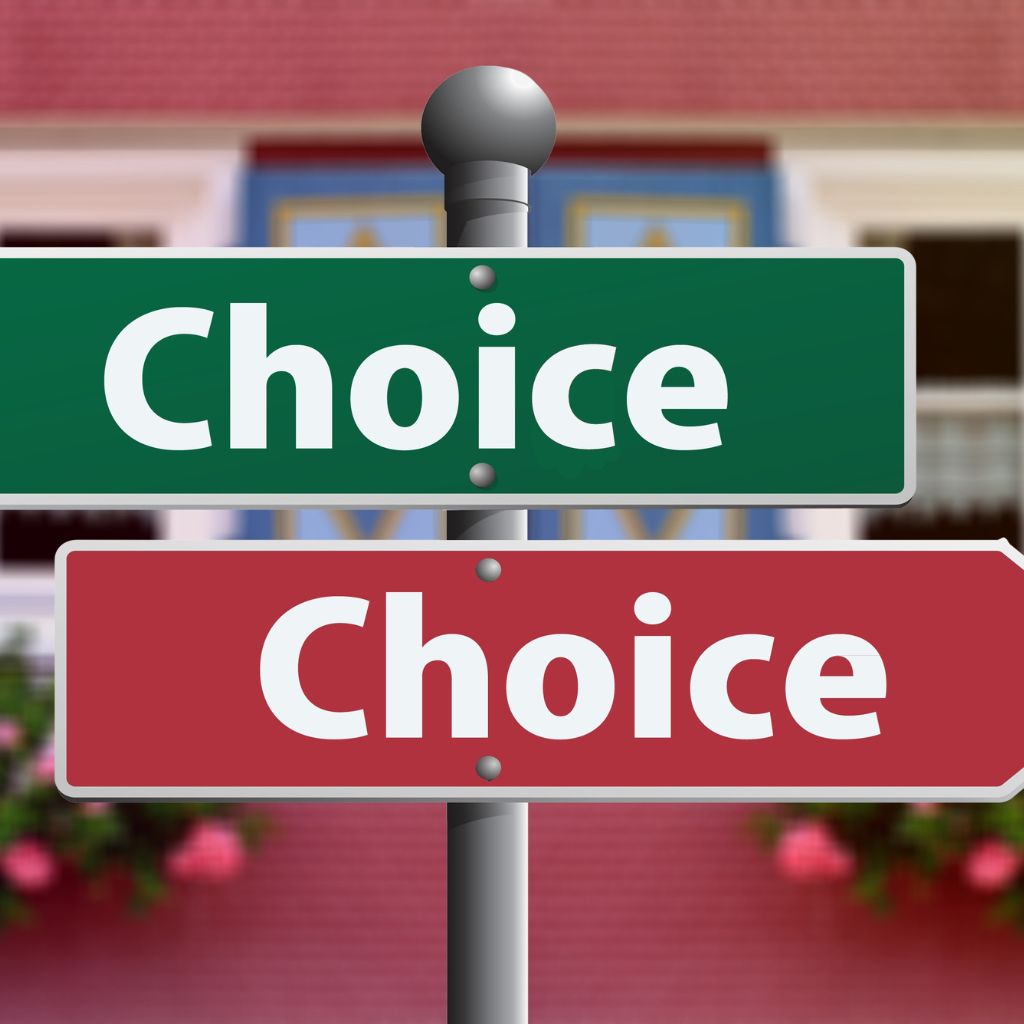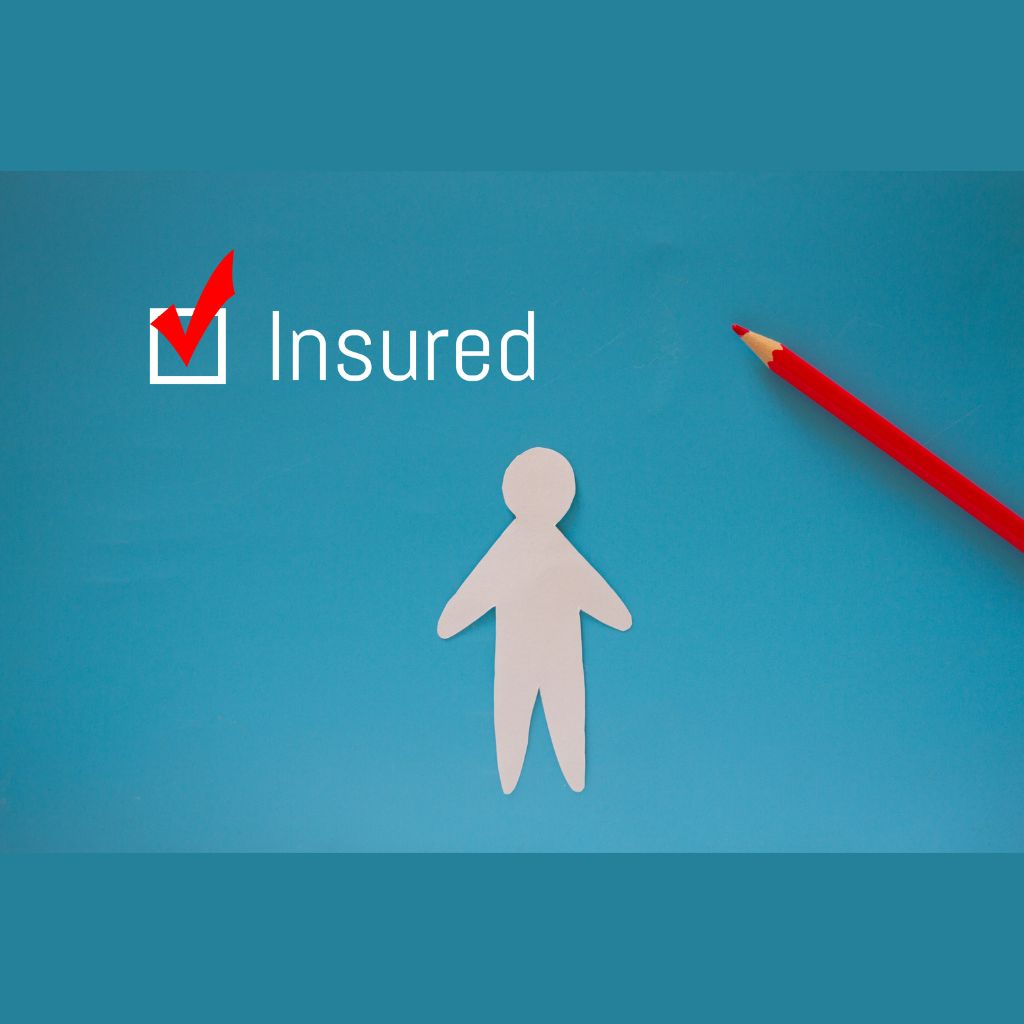Have you ever thought about how you could borrow money from your life insurance policy? It’s a process that can be confusing, so we’re here to break it down for you. This blog post will explain how to take out a policy loan against your life insurance policy and how to pay it back. We’ll also discuss the pros and cons of cashing out your life insurance. Keep reading for all the information you need!
When you take out a life policy, you’re essentially entering into a contract with an insurance company. You agree to pay premiums, and the company agrees to pay out a death benefit to your designated beneficiaries if you die. But did you know that you can also take out a loan against specific life insurance policies?
The process is actually not difficult. If you have cash-value life insurance, you can borrow against the policy’s cash values. The interest will build up over time, and you will owe the loan plus interest to the insurance company.
Nevertheless, if you don’t repay what you borrowed, then the unpaid amount will be deducted from the death benefit that your beneficiaries receive from the policy.
The Different Types of Life Insurance Policies that Grow Cash Value
Two common types of life insurance are term and permanent. Of the two, only permanent policies can amass sufficient cash value over time. However, despite this drawback, term life insurance is often more affordable than its counterpart.
There are a few reasons why permanent life insurance tends to be more costly than term life insurance. For one, permanent policies offer coverage throughout your entire life as opposed to just a set “term.” In addition, a permanent insurance policy cash value account can grow and funds can later be used for future outlays—such as extra retirement income.
Term life insurance, conversely, is often considered “pure insurance” because the only thing beneficiaries receive upon your death is the stated “death benefit.”
Permanent Life Insurance
There are four types of permanent life insurance policies:
- Whole Life Insurance
- Universal Life Insurance
- Variable Universal Life Insurance
- Variable Life Insurance
Each of these policies has different features and benefits, but they all have one thing in common: cash value growth. Cash value is essentially the money that you’ve paid into the policy that grows over time, tax-deferred. This cash value acts as a savings account and can be accessed through a life insurance policy loan or withdrawal and can even be used as collateral for other loans.
Policy loans taken against a life insurance policy do not have to be repaid, but the loan balance will accrue interest. If the policy loan is not repaid, the policy’s death benefit will be reduced by the loan’s balance plus any accrued interest but we will discuss this in more detail later.
Whole Life
Whole life insurance comes with guaranteed level premiums and a death benefit that remains unchanged for the policy’s duration.
Additionally, it has a guaranteed rate of cash value growth which allows you to predict the minimum cash value your policy will have in the future based on present conditions.

Universal Life
Universal life policies provide more flexibility than whole life, but with fewer guarantees. For example, you have the freedom to increase or decrease premiums within a set range which is a handy option for people whose incomes vary.
Nevertheless, minimal premiums paid for an extended period of time could potentially reduce the rate at which cash value grows and might even affect the death benefit amount. The actual amount of cash value that builds depends on the policy’s specific terms.
Variable Universal Life
The third type of permanent life insurance policy, called variable universal life, has characteristics of both whole life and universal life in that it offers a death benefit and cash value component. However, the cash value growth potential is based on stock market performance—which can lead to large fluctuations.
As such, variable universal policies face more risk than other types of permanent life policies.
Variable Life
A variation of whole life insurance and variable universal life, variable life insurance also has a cash value component that grows over time. The main difference between variable life and other permanent policies is how the cash value is invested. With variable life, the cash value is invested in sub-accounts, which are similar to mutual funds.
This allows policyholders to choose how their money is invested and potentially earn a higher return than with other types of life insurance policies. However, it also means that the cash value is subject to market fluctuations, which can lead to substantial losses.
What Is Cash Value in Life Insurance
So, what is “cash value in life insurance”? Cashing out an insurance policy simply means receiving the death benefit while you are still alive. The cash value portion is the money that has accumulated in your policy over time and you can withdraw cash for various purposes, including supplemental living expenses, medical bills, or as collateral for personal loans.
There are a few different ways to cash out your permanent life insurance policy. You can take out a policy loan against the cash value, withdrawals, surrender the policy for its cash value, or sell the policy in what’s called a life settlement.
Each of these options has its own set of pros and cons, so it’s important to understand your choices before making a decision.
Loan Against Cash Value
Taking out a particular loan amount against your cash value life insurance policy is one way to access cash without having to surrender the policy. The interest rate on these life insurance policy loans are typically lower than the rate you would get from a traditional bank loan, and you don’t have to go through a credit check.
If you don’t repay your initial loan, your policy will be canceled and you will owe the balance of the loan plus pay interest and fees.
Withdrawals
You can withdraw money from your life insurance without being taxed, as long as you don’t go over the cost basis. The cost basis is equal to the total amount of premiums you’ve paid into the policy.
The downside to making withdrawals is that they will reduce the life insurance coverage death benefit your beneficiaries receive, and if you withdraw too much money, the policy could lapse entirely.

Selling The Policy In A Life Settlement
The last option is to sell your life insurance policy in what’s called a life settlement. In a life settlement, you sell your life insurance policy to a third party for an amount that’s greater than the cash surrender value, but less than the death benefits.
The life settlement market has grown in recent years, and there are now a number of life settlement companies that will make offers on your life policy.
Before you make a decision about cashing out your life insurance policy, it’s important to speak with a financial advisor to understand all of your options and make sure you are making the best decision for your situation.
What happens to my cash value if I don't use it?
If you don’t use your life insurance policy’s cash value, it will remain invested and continue to grow. You can leave it untouched as a source of emergency funds, or you can use it to help pay for life events like your child’s education or your own retirement.
Keep in mind that all not permanent life insurance policies are created equal. Some have higher fees and surrender charges than others. In some cash value policies, the cash value portion may be subject to market fluctuations and a higher interest rate.
It’s important to understand all the terms and conditions of your policy’s life insurance coverage before you make any decisions about how to use your cash value.
There are some policies that cash value will not roll over to your beneficiary when you die. Make sure to check with your life insurance company to see if this is the case with your policy.
If you’re not sure what to do with your life insurance policy’s cash value, talk to a financial advisor. They can help you understand all of your options and make the best decision for your unique situation.
What will happen to my taxes if I cash out my life insurance policy?
The income tax implications of cashing out your life insurance policy will depend on how you choose to do it. Withdrawals and life insurance policy loans are typically not taxable income, as long as you don’t exceed the cost basis of the policy.
On the other hand, if you surrender your life insurance policy for its cash value, it may be considered taxable income and subject to pay taxes on gains. It’s important to speak with an income tax advisor or the internal revenue service before making any decisions about cashing out your life as you please.
What are the pros and cons of cashing out my life insurance policy
There are a number of pros and cons to consider before cashing out your policy.
While it might not have been your primary motive for buying a life insurance policy, cashing out your policy can give you access to quick cash when you most need it. If you are experiencing a financial crisis or need to make a large purchase, withdrawing money from your policy could give you the sufficient cash you need.
On the downside, cashing out your policy could have negative tax implications. Additionally, if you cash out your life insurance, you will no longer have coverage. This means that if you die while the policy is still in force, your beneficiaries will not receive the policy’s death benefit.
Before making any decisions to access money from your life insurance cash value account, it’s important to speak with a financial professional to understand all of your options and make sure you are making the best decision for your situation.
When should I cash out my life insurance policy
There is no one-size-fits-all answer to this question. The decision of when to cash out depends on a number of factors, including your financial needs and goals.
If you’re facing a financial emergency and need access to cash, withdrawing some of the cash value portion of your policy may be a good option. However, if you’re healthy and don’t need the money, it may be better to keep the policy in force.
It’s important to speak with a financial advisor before making any decisions about cashing out your life insurance. They can help you understand all of your options and make sure you are making the best decision for your unique situation.
Paying back an outstanding loan balance
If you have taken out a life insurance loan against your accumulated cash value policy, you will need to repay the loan plus interest to the life insurance company. Failure to do so could result in the lapse of your policy.
It’s important to keep up with your life insurance policy loan payments. If you’re having trouble making payments, contact your life insurance company as soon as possible. They may be able to work with you to find a solution.
The bottom line on How to Borrow Money from Your Life Insurance Policy
Cashing out your whole life insurance policy can be a good way to get access to cash in a pinch. However, it’s important to understand all of the implications before making any decisions. Be sure to speak with a financial professional to understand all of your options and make the best decision for your unique situation
Thank you for reading!
This article is designed to help our readers. At American Assurance USA, we are here to assist you in protecting your family’s financial future. We offer a variety of options from multiple A-rated life insurance companies so that we can find the policy that perfectly fits your needs.
If you’re interested in Final Expense, Whole Life, Term Insurance, or Universal life insurance feel free to reach out for a quote today.





